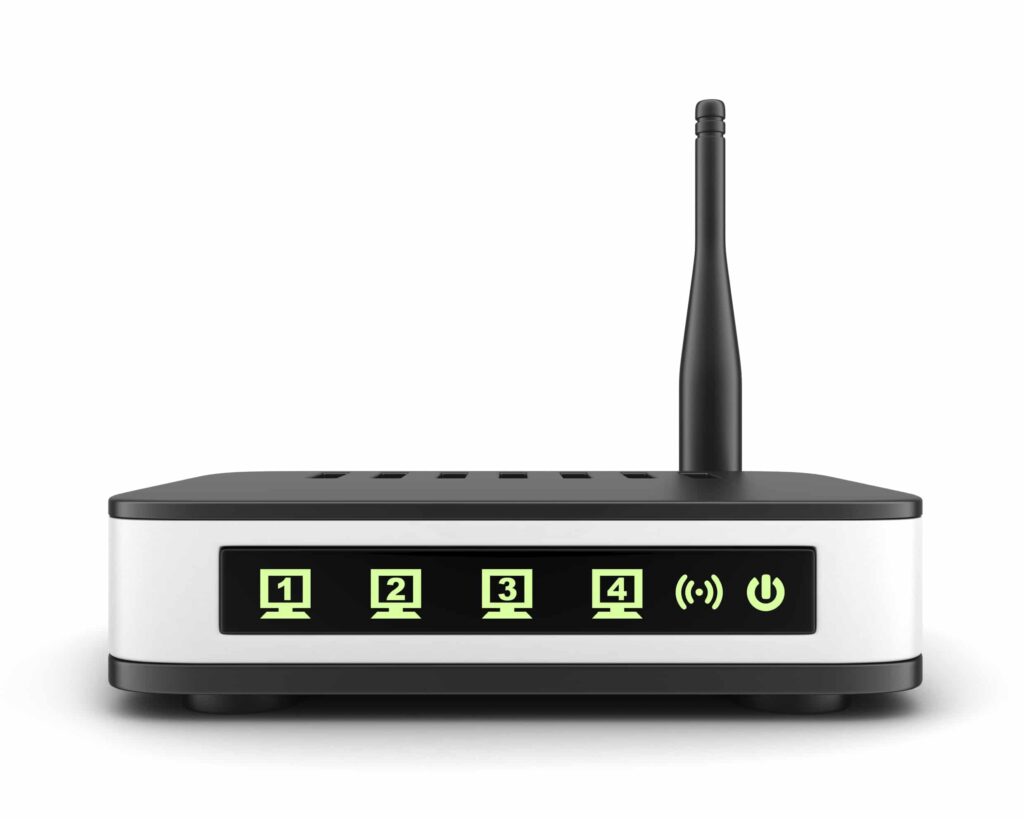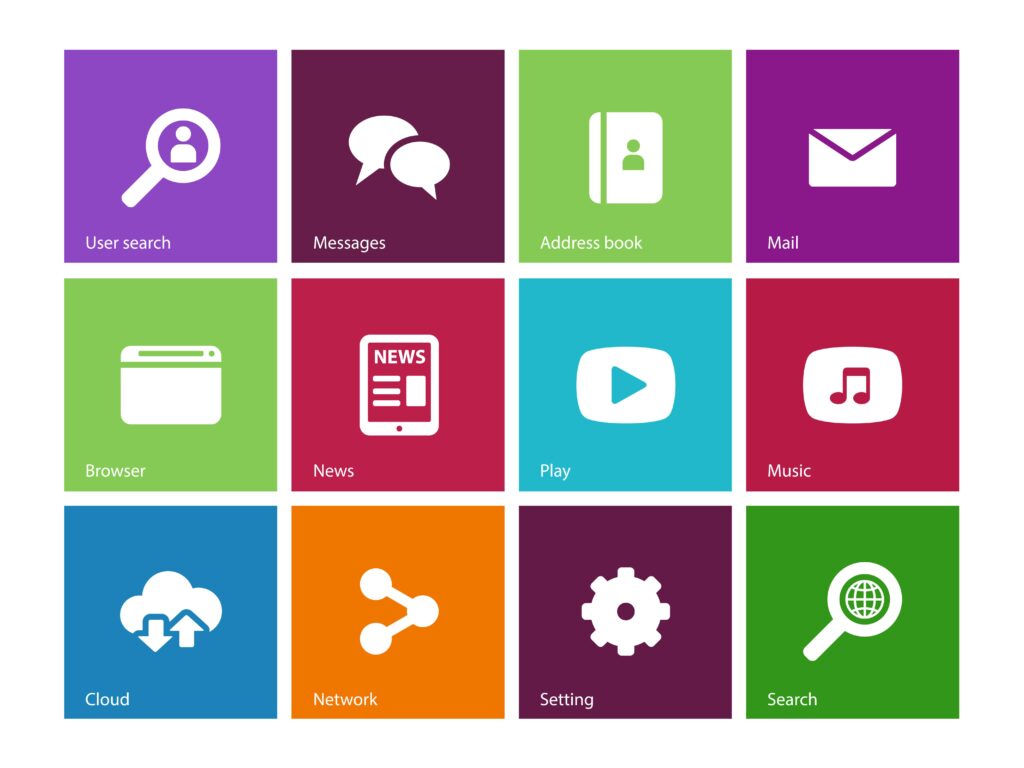Friend
Friend was used as a verb as early as the 13th century, but it fell out of use until recently. The popularity of social networking sites such as Facebook gave the verb friend new meaning. If you add someone to your social network, you are friending that lucky soul. Removing someone from your network can be called unfriending. Unfriend is another word that’s existed in English since the 13th century when it was used as a noun to mean “an enemy.”
Troll
In Internet slang, a troll is a person who posts deliberately antagonizing comments. Though the term troll evokes the ugly creatures featured in Scandinavian folklore, the origin of Internet trolling is far likelier from an Old French term that was used in the context of fishing. On the water, a troll is a lure used to bait fish. Perhaps the best advice for dealing with trolls is offered by the hacktivist group Anonymous: “Do not argue with trolls–it means they win.”
Like
English speakers have been liking since the 9th century, and having likes and dislikes since the 15th century. But the rise of social media has given the term a new relevance. On various social networks, if you wish to show appreciation for a post, you can like it. Sometimes called hearting, favoriting, or upvoting, liking has become an important social-media metric.
Link
Sometimes also called hyperlinks and URLs, links are objects, often text or images, that when clicked, bring you to another location on the web. Likely hailing from the Proto-Indo-European kleng meaning “to bend, turn,” this term emerged in English in the 15th century, and was used early on to describe loops forming a chain. Links can take you down a never-ending path of Internet rabbit holes, so be careful before you click.
Address
While the noun address has been used by English speakers since the 1400s, the sense of “the place or the name of the place where a person, organization, or the like is located” did not surface until the 1600s. In the 1940s, a new technological sense of address emerged, making way for the introduction of such compounds as email address, web address, and IP address, all pointing to virtual locations.
Surf
When surf first entered English in the 1600s, it referred to waves or the movement of waves. The late 1800s saw a new sense of the word: “to ride or be carried on the breakingcrest of a wave, esp. using a surfboard.” In the 1980s this sense was metaphorically extended to apply to channel-surfing on cable television. By the early ’90s, this sense was further extended to the Internet. However, 20 years later, this term has lost its hipness, and Internet users today might opt for a more tongue-in-check expression such as cyberloafing.
Block
If you block someone on a social network, you make various traces of your online presenceinvisible to that person so that he or she cannot interact with you. This sense only came about recently, though English speakers have been blocking since the 16th century. Block came to English directly from the Old French block meaning “log.” The noun sense of block existed in English over 200 years before the verb came along.
source: dictionary.com
Some other Internet words. Can you match the words with the definitions?
1. E-mail | a. Junk mail sent to your e-mail box that usually advertises something. |
2. Username | b. A secret word used to check your e-mail and log into websites. |
3. SPAM | c. A letter you send through cyberspace. |
4. Password | d. Another way to say Internet address. |
5. Pop-up | e. A place tovisit on the Internet with content to see and read. |
6. URL (Uniform Resource Locator) | f. An ad that pops up on your computer, trying to get you to click on it. |
7. Website | g. A name that you pick to use when you’re on the Internet. |
Key:
1. c.
2. g.
3. a.
4. b.
5. f.
6. d.
7. e.
Vocabulary
to reinvent | új jelentést adni valaminek, újra feltalálni |
to fall out of use | kiesni a használatból |
social networking site | közösségi oldal |
to remove | eltávolítani |
enemy | ellenség |
deliberately | szándékosan |
to antagonize | ellentmondani, szembeszegülni |
to evoke | felidézni |
ugly | csúnya, utálatos |
creature | teremtmény |
to feature | ábrázolni |
origin | eredet |
lure | csali |
to bait | odacsalogatni, odacsábítani |
to argue | vitatkozni |
relevance | jelentőség |
to show appreciation | értékelni |
metric | mérték |
to click | rákattintani |
to hail from sg | valamiből való, valamiből származik |
to bend | kanyarodni |
to emerge | megjelenni |
loop | láncszem, hurok |
chain | lánc |
never-ending | soha véget nem érő, végtelen |
path | ösvény, út |
to surface | megjelenni |
compound | összetétel |
location | helyszín |
to refer to | utalni valamire |
wave | hullám |
crest | csúcs, taraj |
to extend | kiterjeszteni |
to opt for | választani valamit |
trace | nyom |
invisible | láthatatlan |
to come about | megjelenni, adódni |
directly | rendszeresen |







